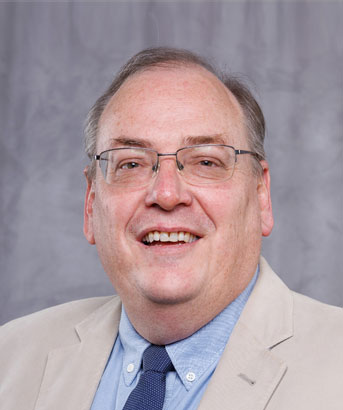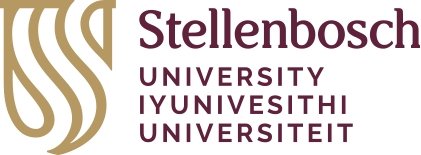
- This event has passed.
Prof Marius Nel
Augustus 24, 2023 @ 17:3018:30


Matteus, Jesus, en die skep van interpersoonlike vergifnis
Understanding interpersonal forgiveness has important implications for academia, the church and society. Engaging with this topic highlights the value of the exegetical study of ethical themes in the New Testament.
Although divine, third-party and personal forgiveness occurs in various societies, interpersonal forgiveness is often linked directly to Jesus. Some philosophers, such as Hannah Arendt, even claim that Jesus invented it. Third-party forgiveness, which is often linked to divine authority, involves one person forgiving the transgressions of another against a third party. Personal forgiveness is a unilateral act, by which a victim forgives the offender without the latter’s direct involvement. Interpersonal forgiveness is distinct in that it involves the mutual participation and moral transformation of both parties. It calls for both remorse from the transgressor and a willingness to forgive from the victim, resulting in an interactive reconciliation process.
Interpersonal forgiveness is mentioned in all four Gospels in the New Testament, but receives special attention in the Gospel of Matthew. While Jesus in Matthew demands from his followers personal forgiveness of the transgressions of those who do not form part of their community, he also demands interpersonal forgiveness between fellow community members. This demand is a distinct one, since the concept of interpersonal forgiveness as understood today was absent from ancient Greco-Roman thought. While classic Greek literature does discuss forgiveness, there is little evidence of broad reflection on interpersonal forgiveness. Instead, transgressions between people are explained or excused on account of internal or external factors, rather than forgiven. In addition, it is noteworthy that the New Testament generally uses different terminology for forgiveness than classic Greek writers. The concept of interpersonal forgiveness is also not a major one in the Jewish world, since forgiveness was seen as the prerogative of God alone.
The Gospel of Matthew, however, emphasises the imperative of interpersonal forgiveness. To Matthew, interpersonal forgiveness is both distinct from seeking divine forgiveness (Matthew 5:23–25) and an integral part of receiving God’s forgiveness. Understanding Matthew’s ethics of forgiveness requires an understanding of the historical contexts of the authors of the New Testament as well as contemporary readers, hermeneutics, and exegesis of texts such as Matthew 18:23–35. In attending to these matters, New Testament ethics can contribute to contemporary discussions in South Africa in which forgiveness and reconciliation are of critical significance.
Kort biografie
Marius Johannes Nel is ’n professor in Nuwe Testament in die Departement Ou en Nuwe Testament aan die Universiteit Stellenbosch (US). Hy het tussen 1988 en 2013 die grade BA, HonsBA (Grieks) cum laude, BTh cum laude, MTh (Nuwe Testament) cum laude en DTh aan die US verwerf. Marius sluit hom in 2012 by die personeel van die Fakulteit Teologie aan, waar hy as voorsitter van die Departement Ou en Nuwe Testament en van die Programkomitee dien.
His primary research focus is Matthean ethics, as evidenced by his more than 60 published research outputs and conference presentations on six continents. He is also committed to the ongoing conversation between academia and the church on the interpretation of the New Testament. This commitment is reflected in his recent books, Om Jesus te sien (2022, co-authored with CW Burger) and Reframing – novel metaphors for reimagining the church and the Bible (2023).
Marius is ’n lid van die Genootskap vir Bybelse Literatuur (SBL) en die Internasionale Konsultasie oor Kerklike Toekomste (ICEF) en dien as voorsitter van die Nuwe Testamentiese Werksgemeenskap van Suider-Afrika én assessor van die Nederduitse Gereformeerde Kerk in Suid-Afrika. Hy is boonop mederedakteur van die vaktydskrif Scriptura en skryf gereeld vir Die Kerkbode.

Nuutste Opmerkings